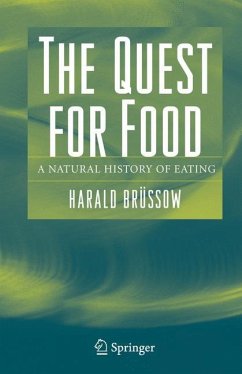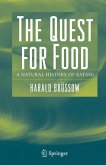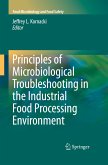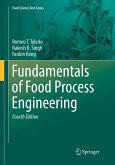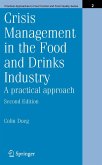When you go into a scientific library or look through the catalogues of scientific publishers, you will quickly find books from food scientists, food technologists, food chemists, food microbiologists, and food toxicologists. Agronomists, nut- tionists, and physicians have written on food, and last but not least cooks. What I missed was a book on food written from the perspective of a biologist. When Susan Safren, the food science editor from Springer Science + Business Media, LLC, invited me to write a book, I decided that I would write this book on food biology. What I had in mind was a survey on eating through space and time in a very fundamental way, but not in the format of a systematic textbook. The present book is more of an ordered collection of scientific essays. Contents.In Chapter 1, I start with a prehistoric Venus to explore the relationship between sex and food. Then I use another lady-Europe-to inv- tigate the strong links between food and culture. I then ask what is eating in a very basic but simple physicochemical sense. In Chapters 2 and 3, I embark on a biochemistry-oriented travel following the path of a food molecule through the central carbon pathway until it is decomposed into CO and H O and a lot 2 2 of ATP. My account does not intend to teach biochemistry, but to use recent research articles from major scientific journals to look behind food biochemistry.
From the reviews:
"Brüssow ... has written an interesting collection of scientific essays about the biological and evolutionary history of eating. The Quest for Food is organized in broad chapters with numerous subchapters. ... Summing Up: Recommended. Upper-division undergraduates through faculty." (S. C. Hardesty, CHOICE, Vol. v4 (3), November, 2007)
"Brüssow ... has written an interesting collection of scientific essays about the biological and evolutionary history of eating. The Quest for Food is organized in broad chapters with numerous subchapters. ... Summing Up: Recommended. Upper-division undergraduates through faculty." (S. C. Hardesty, CHOICE, Vol. v4 (3), November, 2007)

